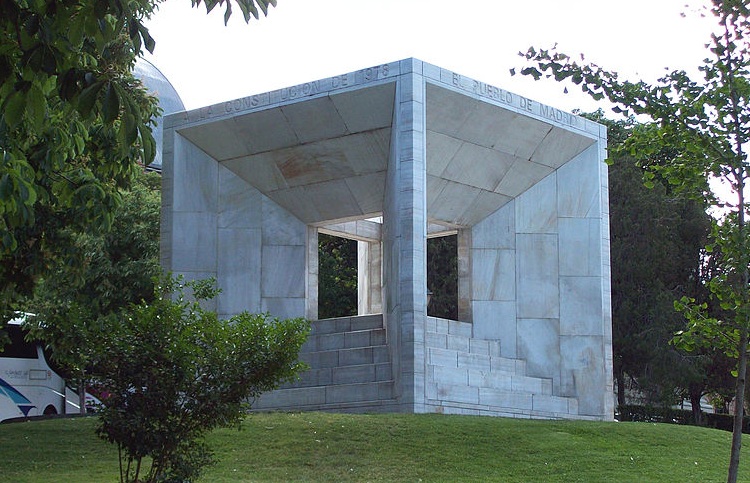Eduardo González
The current Spanish Constitution, promulgated just 47 years ago, does not have a specific chapter dedicated to foreign policy, a lack that denotes its “lack of international focus” and that is probably related to the legacy of an authoritarian regime that “did not have one of its political priorities in foreign policy”.
This emerges from a detailed study by Professor Alberto Priego Moreno, of the Universidad Pontificia Comillas, which highlights the “lack of international focus” of the Spanish Magna Carta, which “although it is true that it has been mitigated by laws and international treaties adopted by Spain, it could be corrected in a future constitutional reform”.
The study, published in 2018 (40th anniversary of the Constitution) and entitled Spain and its foreign policy: An analysis 40 years after the approval of the 1978 Constitution and 32 years after accession to the EU, indicates that “foreign policy was the great neglect of the 1978 Spanish Constitution, since as far as formal aspects are concerned, the text lacks a chapter entirely dedicated to Spain’s foreign policy“. In fact, the precepts about foreign policy are distributed among Titles III, IV and V.
On top of that, the Constitution does not include any mention of Spain “as a member of the International Society” and therefore, “neither does it express a global and systematic conception of our foreign policy”, as the Republican Constitution of 1931 did. The preamble does refer to the will of the Spanish nation to “collaborate in the strengthening of peaceful relations and effective cooperation among all the peoples of the earth”, but makes no mention of “the United Nations or other organizations of which Spain is a member”.
Another contrast with the Constitution of 1931 and even with the Constitutions of other countries, such as the Italian, Greek, Portuguese or German (in which the general norms of International Law have primacy over federal laws), is “the absence of concrete and specific precepts related to the reception of the norms of Public International Law”.
With regard to the central bodies and the process of adoption and ratification of International Treaties, the articles regulating Spain’s foreign policy – divided into the second, third and fourth titles – establish that one of the functions of the Crown is “to put into practice, rather than formulate, the foreign policy of the Kingdom of Spain”.
Likewise, it corresponds to the Monarch the accreditation of diplomats, “to manifest the consent of the State to be bound internationally by means of treaties, in accordance with the Constitution and the laws” and even, although it sounds anachronistic, “to declare war and make peace” previous authorization of the Parliament. For its part, the Government “directs domestic and foreign policy, civil and military administration and the defence of the State“, which includes, among other functions, the direction of the State Foreign Service.







